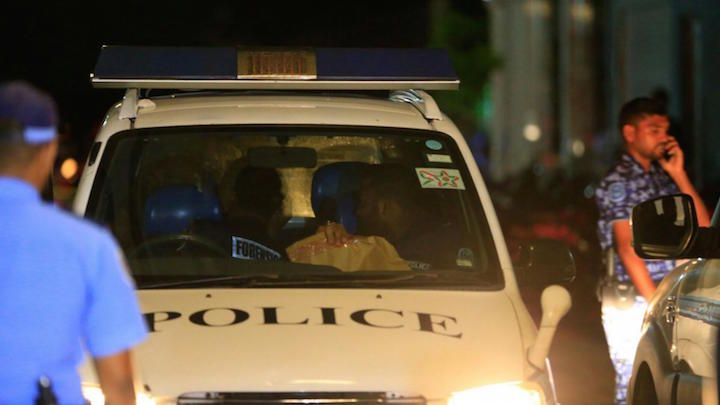Suicide bombing suspects freed
Ishag Ali and Hussain Afeef were suspected of links with the Islamic State terror group.

04 Nov 2018, 09:00
The criminal court has freed two suspects charged with terrorism for allegedly planning to carry out suicide attacks in the capital Malé.
At a pre-trial hearing Sunday, Judge Adam Arif reportedly granted a conditional release based on their treatment during detention and the state’s failure to respond.
The hearing was scheduled to hear a motion from defence lawyers seeking their release from custody.
Ishag Ali was charged with attempting to carry out a terrorist attack and Hussain Afeef was charged with planning to carry out a terrorist attack.
Become a member
Get full access to our archive and personalise your experience.
Already a member?
Discussion
No comments yet. Be the first to share your thoughts!
No comments yet. Be the first to join the conversation!
Join the Conversation
Sign in to share your thoughts under an alias and take part in the discussion. Independent journalism thrives on open, respectful debate — your voice matters.




